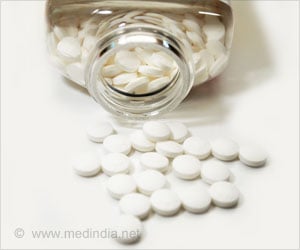Substitution therapy on heroin addicted patients can help to reduce the consumption of illegal drugs, reveals study.

‘Substitution treatments with methadone, or other opioid drugs found to reduce consumption of illegal drugs in heroin addicted patients.’





In the beginning this kind of treatment reduced the consumption of alcohol, but is known that most of them drink alcohol more frequently now than the previous decade. This was conducted as a new long-term study from the University Psychiatric Hospital and the University of Zurich.Heroin and Cocaine Consumption Markedly Reduced
The study includes data on nearly 9,000 patients with a heroin addiction who underwent substitution therapy in the Canton of Zurich between 1998 and 2014. They already consumed sustainably less heroin or cocaine - and somewhat less alcohol - from the beginning of the treatment. Moreover, the proportion of patients who consumed heroin frequently (at least five days per week) more than halved over the 17-year study period (from 14.4 to six percent), and the number of frequent cocaine consumers shrank from 8.5 to 4.9 percent. The results also demonstrate that the decrease in heroin consumption went hand in hand with an improved social situation for the patients.
Nearly one in four frequently consumes alcohol
"Alcohol consumption, on the other hand," explains Marcus Herdener, study head and chief physician at the University Psychiatric Hospital, "increased during the study period." Towards the end of the study, almost one in four patients (22.5%) frequently consumed alcohol. "It seems to mirror a general trend that this patient group drinks more alcohol," says Herdener. As liver infections such as hepatitis B and C are also commonplace among people with opioid addiction, frequent alcohol consumption seriously jeopardizes the health of these aging patients.
According to other studies, an increasing number of opioid-dependent people die from liver disease. The results of the Zurich study are significant: "They reveal that there is still a major therapeutic need for treatment with regard to frequent alcohol consumption," Herdener concludes.
Advertisement










